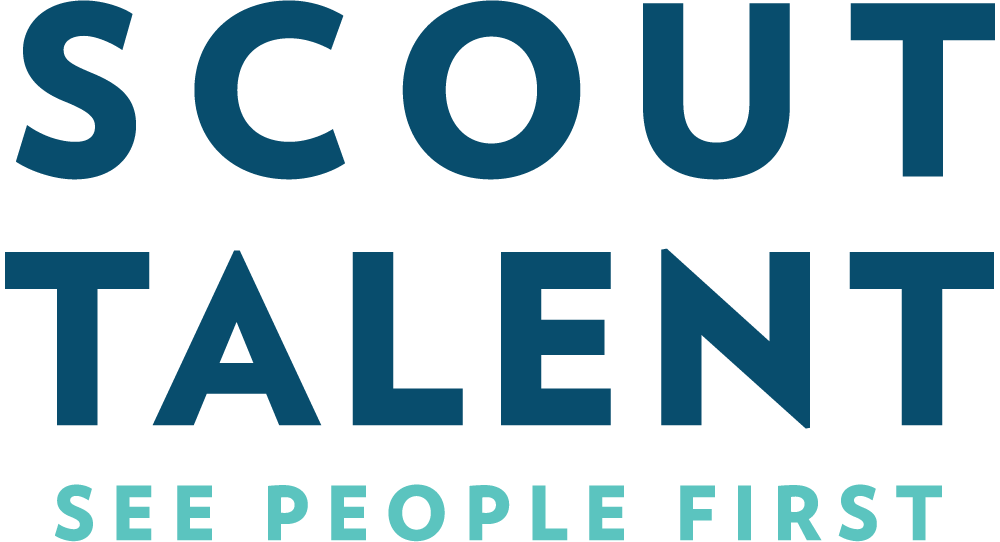Attracting and retaining top talent is essential for the success of any organization, but it can prove to be quite a challenge. To achieve this, organizations must not only offer competitive salaries and benefits but also communicate their unique value to potential and current employees. This is where your Employee Value Proposition (EVP) comes into play.
What is an Employee Value Proposition (EVP)?
An Employee Value Proposition (EVP) is the unique set of benefits and rewards an organization offers its employees in exchange for their skills, capabilities, and contributions. It encompasses everything from your organization’s culture and work environment to career development opportunities, compensation, and benefits packages.
In essence, the EVP serves as the “promise” that an employer makes to its employees, outlining what they can expect to receive in return for their dedication and performance. It goes beyond the tangible aspects of employment, including the emotional and psychological benefits that employees derive from working for a particular organization.
Your EVP should tell a clear and consistent story about the experience of working at your organization and highlight the unique experience you can offer.
Why is an EVP Important?
At its core, an EVP addresses the fundamental question: ‘Why should top talent choose to work for our organization?’ Here are several reasons why an EVP is crucial for your organization:
Attraction and Retention of Talent: In a competitive job market, a strong EVP can differentiate an organization from its competitors and attract the best talent. Moreover, it helps in retaining existing employees by fostering a sense of loyalty and commitment.
Alignment with organizational Goals: A well-defined EVP aligns employee expectations with organizational goals, leading to improved performance, productivity, and overall success. Employees will appreciate it if their employer matches the promises that were made during the recruitment process.
Enhanced Employer Brand: A compelling EVP enhances your employer brand by showcasing your organization as an employer of choice. This, in turn, can lead to increased interest from potential candidates and a positive reputation in the industry. In our free report ‘Employer Branding Insights 2024’, a recommendation from the candidate’s personal or professional networks was the largest factor in leading them to apply for opportunities.
Cost Savings: A strong EVP can lead to cost savings associated with your recruitment. By reducing recruitment costs through targeted attraction efforts and employee referrals, strategic investment in your EVP not only enhances organizational performance but also ensures long-term sustainability and success.
The Importance of an Authentic EVP
While crafting an EVP, authenticity is paramount. An authentic EVP reflects the true essence of your organization’s culture, values, and mission. It resonates with employees on a deeper level and fosters trust and credibility. An inauthentic EVP, on the other hand, can lead to disillusionment, disengagement, and ultimately, attrition.
An authentic EVP:
- Builds trust and credibility among employees.
- Aligns with your organization’s culture and values.
- Attracts candidates who are a cultural fit.
- Fosters employee engagement and commitment.
- Increases employee advocacy.
- Enhances your employer brand and reputation.
5 Steps for Understanding and Elevating Your Authentic EVP
1. Conduct Research: Begin by conducting thorough research to understand your organization’s culture, values, and employee preferences. This can involve surveys, interviews, focus groups, and analysis of employee feedback. Identify what sets your organization apart and what employees value most about working there. Scout Talent’s Employee Engagement Surveys (EES) are perfect for gaining valuable employee insights.
2. Define Your EVP: Based on your research, define your organization’s EVP in clear and concise terms. What do you offer that others don’t? What makes your workplace unique and appealing to employees? Ensure that your EVP is aligned with your organization’s mission, vision, and values.
3. Communicate Effectively: Once you’ve defined your EVP, it’s crucial to communicate it effectively to both internal and external stakeholders. Use various channels such as your company website, social media, recruitment materials, and internal communications to articulate your EVP clearly and consistently. Make sure that all employees understand and embrace your EVP.
4. Live Your EVP: An authentic EVP isn’t just about what you say; it’s about how you act. Ensure that your organization’s policies, practices, and behaviors align with your EVP. Create an environment where employees feel valued, empowered, and supported in achieving their goals. Encourage feedback and continuously strive to improve the employee experience.
5. Measure and Iterate: Finally, regularly measure the effectiveness of your EVP and make adjustments as needed. Monitor key metrics such as employee satisfaction, engagement, retention rates, and recruitment success. Solicit feedback from employees and use it to refine your EVP over time. Remember that an EVP is not static; it should evolve along with your organization’s changing needs and priorities.
An authentic EVP is a powerful tool for attracting, retaining, and engaging top talent. By understanding your organization’s EVP and effectively communicating it to employees, you can create a workplace where people are motivated, fulfilled, and inspired to do their best work.
Next Steps
Ready to learn more?
- Download Scout Talent’s Employer Branding Insights Report 2024
- Learn more about Employer Branding and how it can benefit your organization
- Contact Scout Talent to discuss your employer branding strategy









